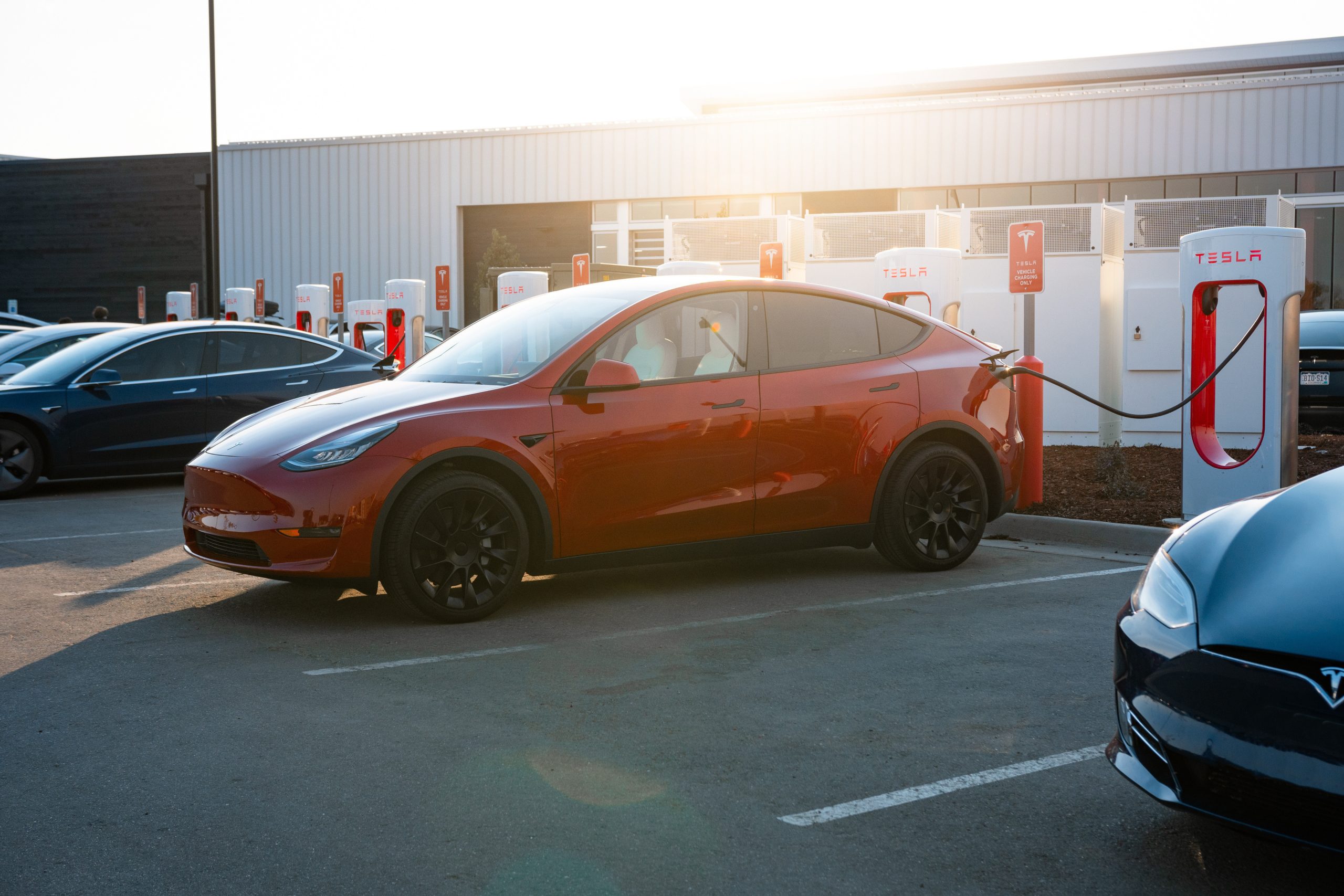The top U.S. safety regulator has officially launched more relaxed fuel economy standards, following a similar move from the Environmental Protection Agency (EPA) made a few months ago.
The National Highway Traffic Safety Administration (NHTSA) has officially announced new fuel standards requiring an average fleet fuel economy of 50.4 mpg by 2031 for the Corporate Average Fuel Economy (CAFE) rules, as detailed in a report from Automotive News. The new standard is down from the original requirement, which stated that vehicles and light trucks to reach a fuel economy average of 58 mpg by 2032.
In addition, the new standards require just a 2 percent improvement in fuel efficiency per year for cars, while light trucks will need to see a 4 percent improvement between the 2027 and 2032 model years.
The NHTSA rule shift comes as a means to accommodate and comply with recent standard changes from the EPA, which doesn’t require as many electric vehicles (EVs) sold as the previous rules. Under the new EPA rules, which went into effect in March, EVs must now make up between 30 and 56 percent of automakers’ light-vehicle sales between 2030 and 2032, coming down from the previous proposal of reaching 67 percent by 2032.
The EPA is typically able to set stricter standards than the NHTSA, given that the latter agency is not allowed to use the fuel economy of EVs when determining maximum possible standards for a given year, though it does have to use them when figuring out compliance.
“Because we have a market that has an increasing number of electric vehicles, it just becomes more difficult for NHTSA to set standards that are as strong as EPA’s emission standards,” said Chris Harto, Consumer Reports Senior Policy Analyst.
The Alliance for Automotive Innovation has argued that the newly revised standards bring the NHTSA’s rules into alignment with those from the EPA.
“Should an automaker be considered in violation of CAFE rules (and subject to billions of dollars in civil penalties) if it complies with the standards established by EPA’s new greenhouse gas rules? No, they shouldn’t,” said alliance CEO John Bozzella. “And … at first glance, the final CAFE rule seems to say as much!”
The alliance also notes that as the automotive industry moves toward EVs, fuel economy standards will become increasingly irrelevant.
“CAFE’s a relic of the 1970s — a policy to promote energy conservation and energy independence by making internal combustion vehicles more efficient,” Bozzella adds. “But those vehicles are already very efficient. And EVs? They don’t combust anything. They don’t even have a tailpipe.”
The NHTSA says the new regulations were developed alongside the EPA, with the two agencies working in tandem to “optimize the effectiveness of its standards while minimizing compliance costs.”
What are your thoughts? Let me know at zach@teslarati.com, find me on X at @zacharyvisconti, or send us tips at tips@teslarati.com.

